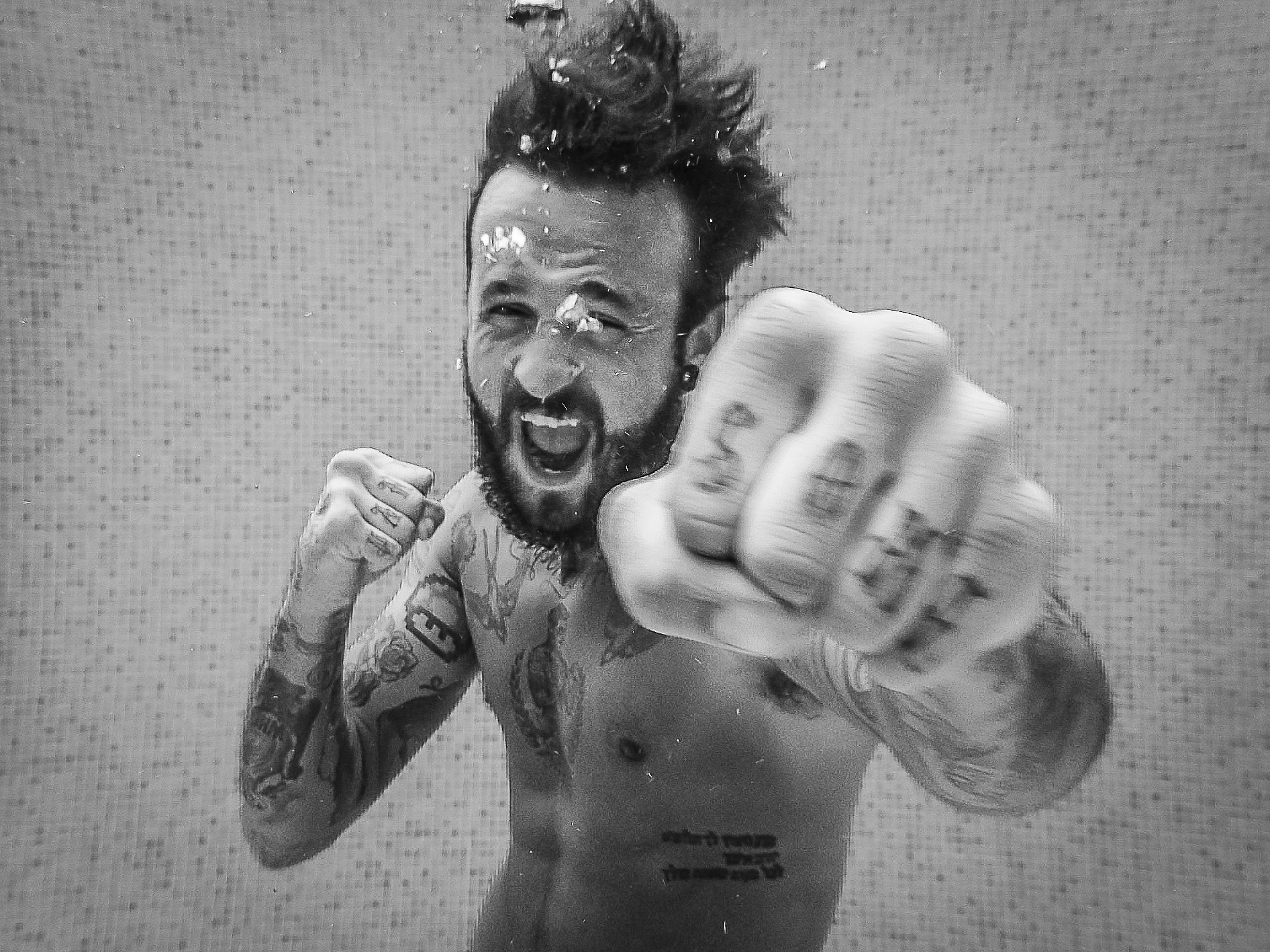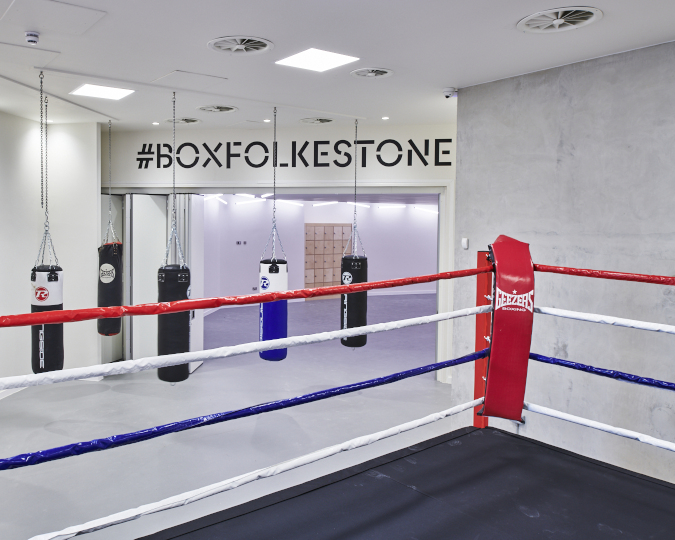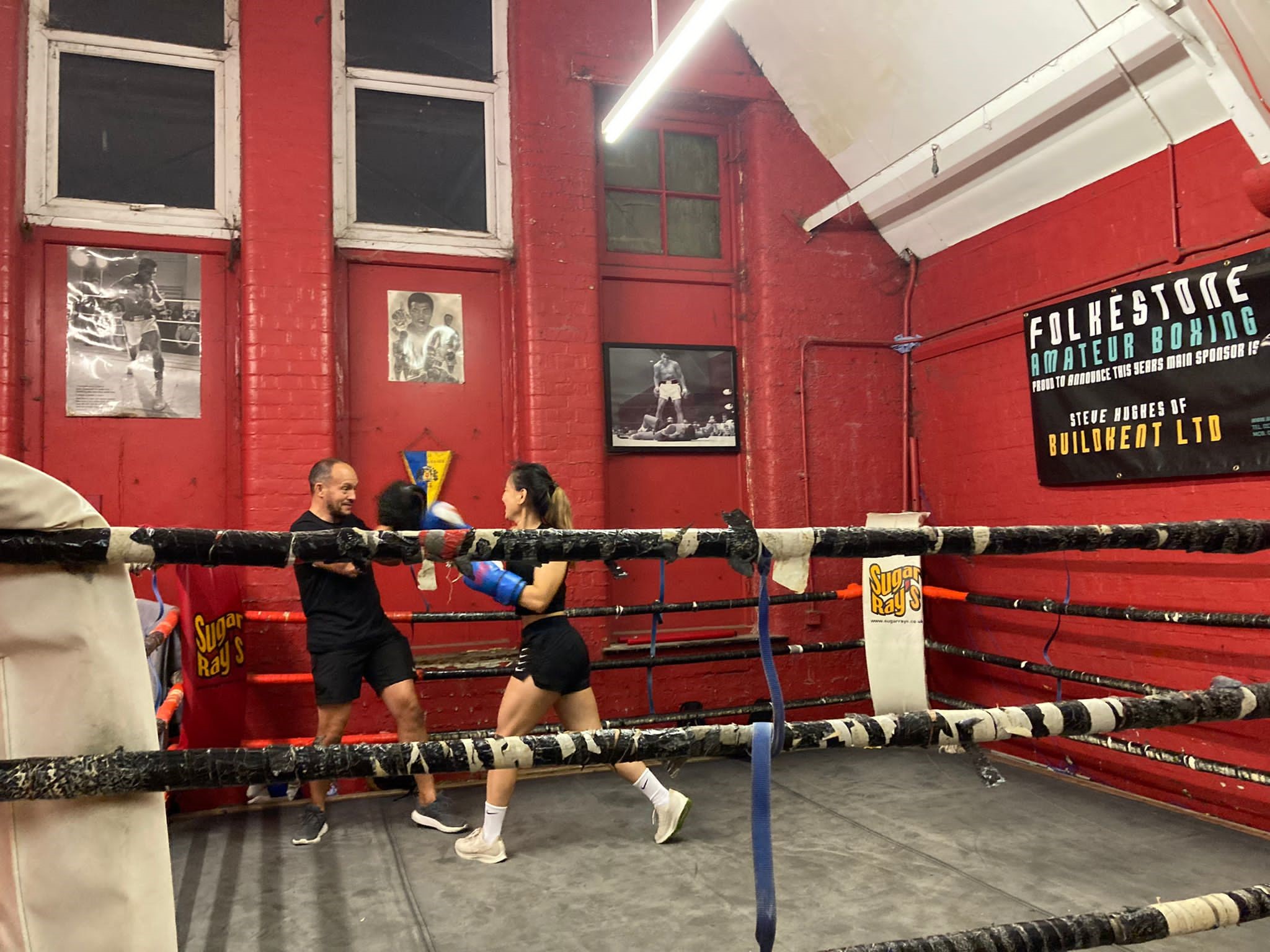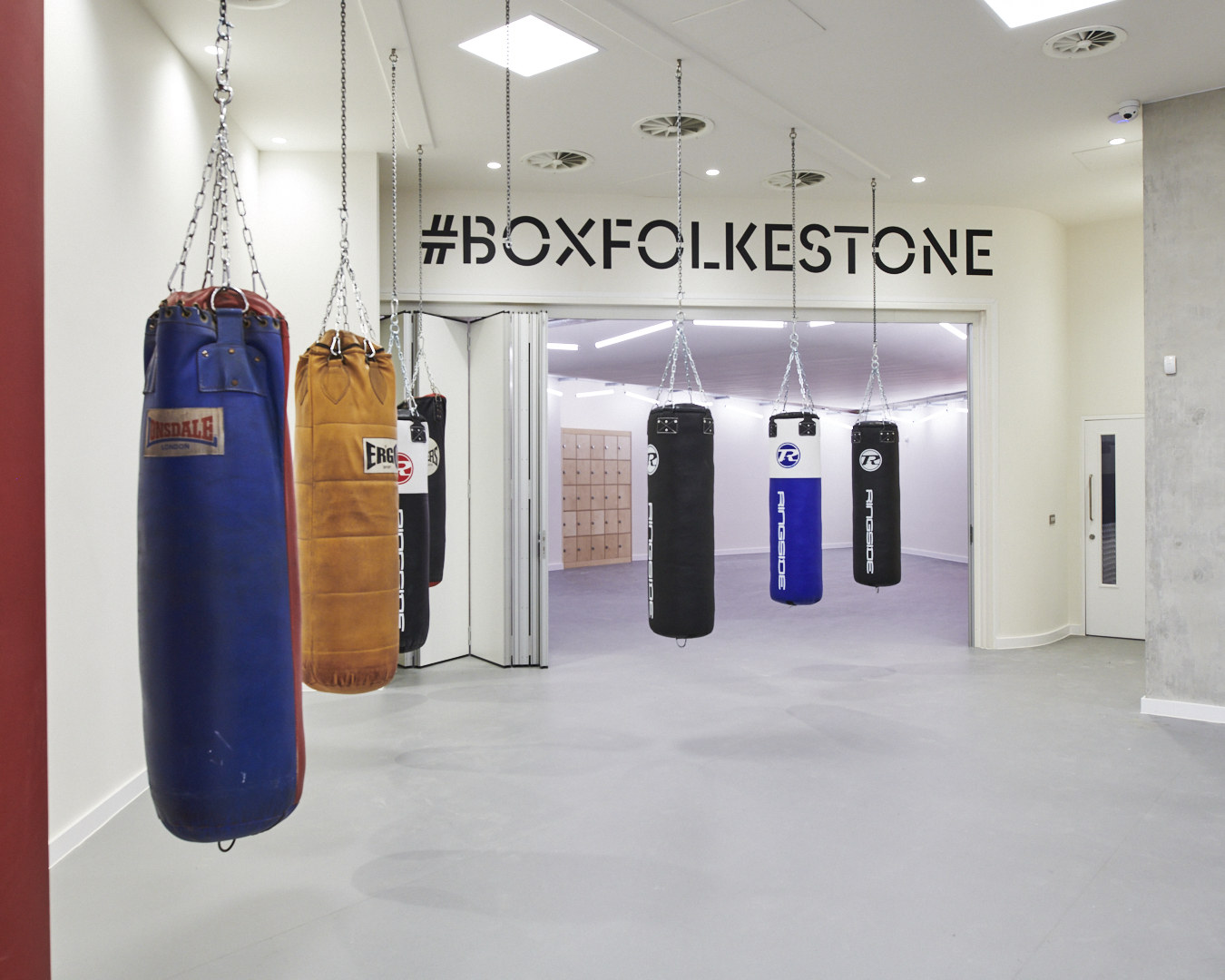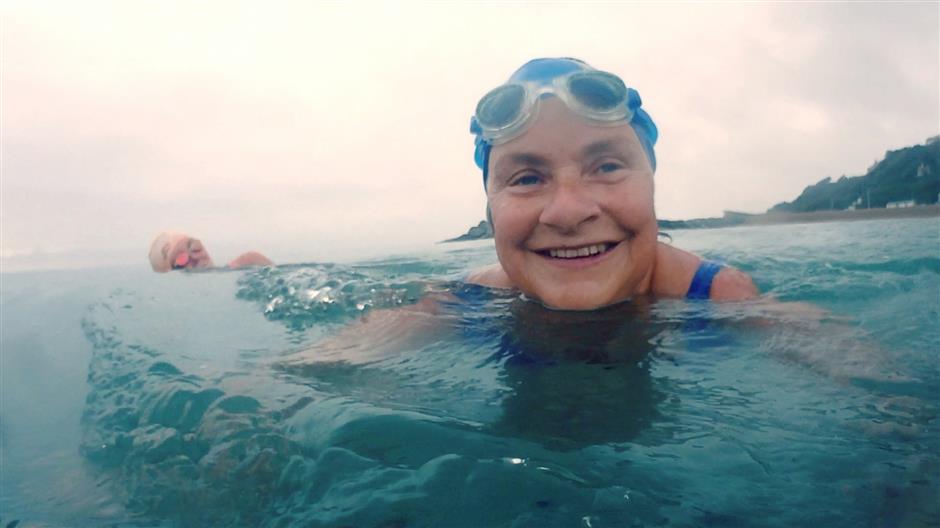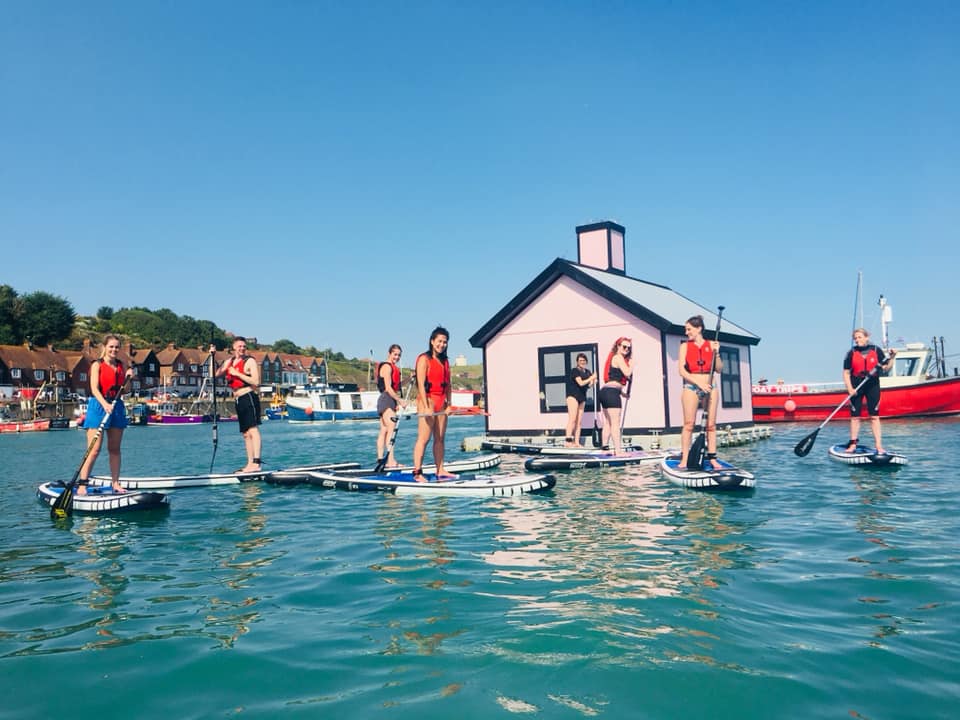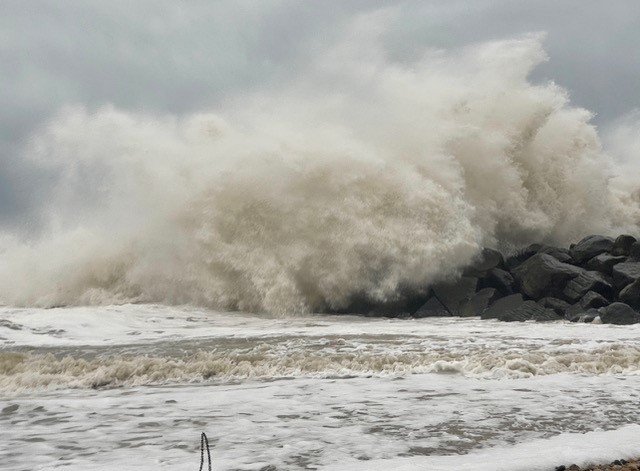Sport & Recreation
Folkestone Boxing Club – Build your Mental and Physical Strength
Folkestone Amateur Boxing Club was formed in 1970 and has supported many young people in finding their feet over the years. It’s a sport that not only builds fitness, refines balance and poise but also focuses on mental fitness too. Its new home in the F51 Sports Park means the club can continue to grow. Barry Pluck, one of the trainers, spoke to Folkelife about his long association with the club.
“I think I must have been about eight or so when I first saw the film Rocky and just wanted to box from that moment on. But, I thought that everyone in the gym was going to be big and fantastic at boxing already so I was too scared to start. So I finally got the confidence when I was 15, and in reality, it wasn’t like that at all. I should have been brave enough to start earlier!”
local legends
“Harry Slater has been involved in the club since it first started in 1970. He’s still involved now. We gave him a lifetime achievement award at the Shepway Sports Trust Awards night a few years ago because of all that he’s done over the years. All of our coaches here have gone through Harry and although we’ve brought in some new things, we’ve kept the same formula because it’s worked so well for many years.
“We take people from 10 years old. You’ve got to be willing to put the work in. It’s a disciplined sport, and it’s hard work. You need to be able to keep focused on training for an hour. And let’s be honest, even the warm up is hard work, so it’s good that everyone here is here because they want to work.
“You can box competitively until you’re 35 years old, and we go up to that. But then people do want to stay on and practice and keep their fitness up which is really important. We’re not going to let you go just because you’re too old to compete! We’re an inclusive club.”
Competitive boxing
“From 10 years old you can start doing what’s called Skills Contests. This is where you spar with someone from a different club in front of an audience. There’s no winner or loser, but it gets you used to the competitive arena. It’s always good to see what a real competition atmosphere would be like, so if you can practice in these sessions then that’s a good place to start. Then from 11 you can box competitively, and that’s a really different experience than sparing with your friends at your boxing gym.
“A boxing match is usually in a ring, with people sitting around eating dinner and wearing bow ties. It’s a totally different experience. I usually take my boxers along to a few matches before they compete so they get used to the atmosphere. I don’t want them to be phased by it when they’re up in the ring concentrating on the fight.”
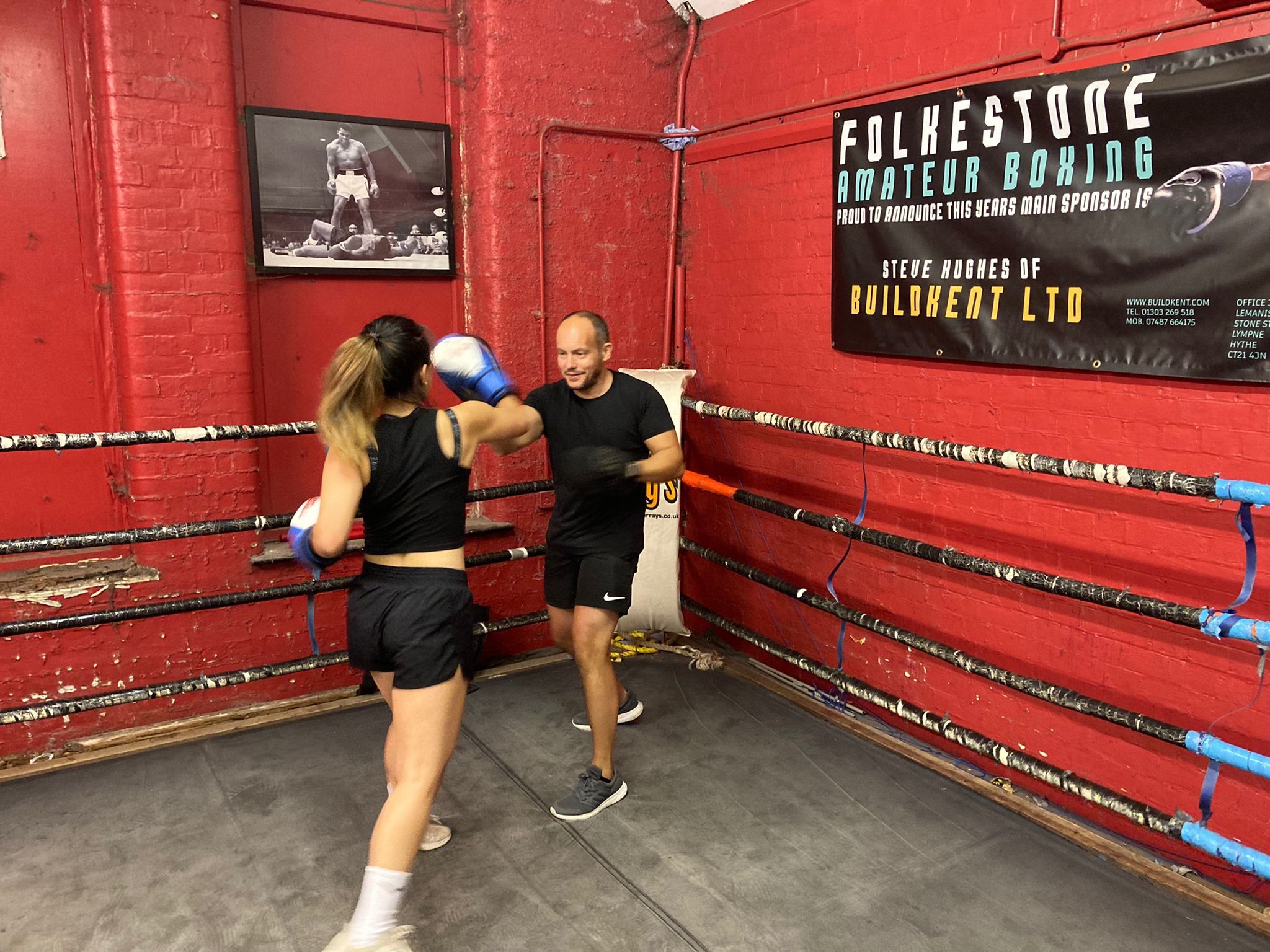
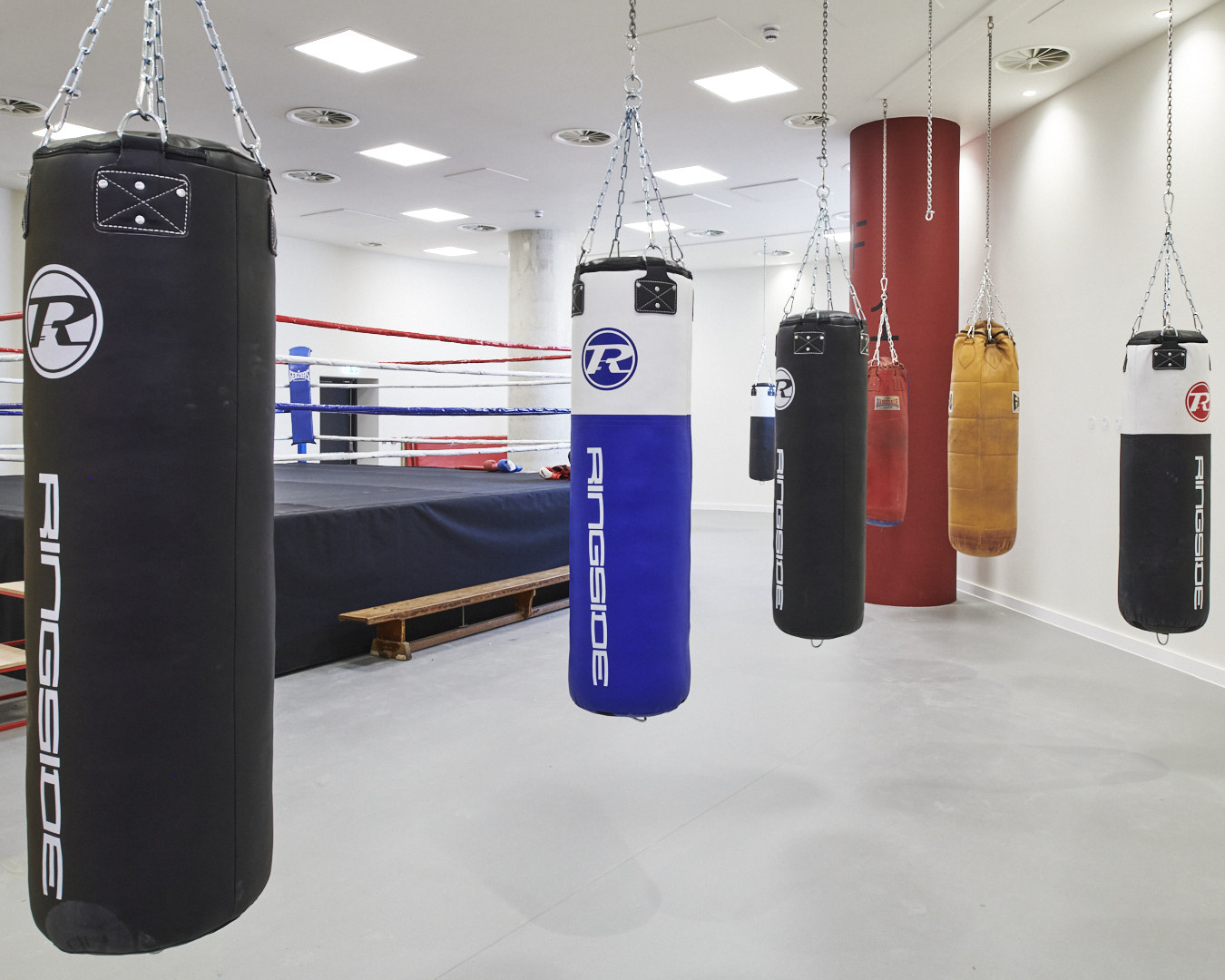
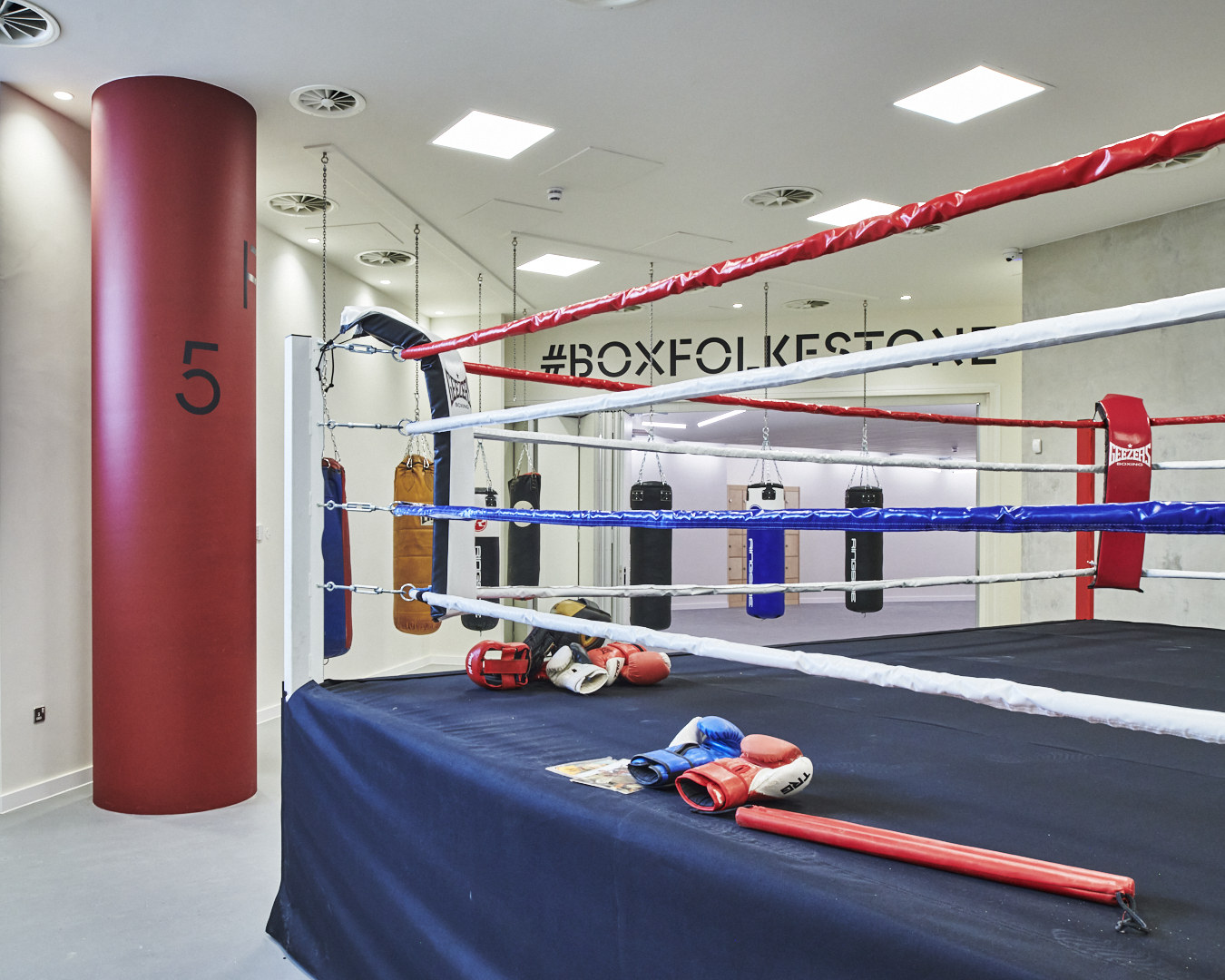
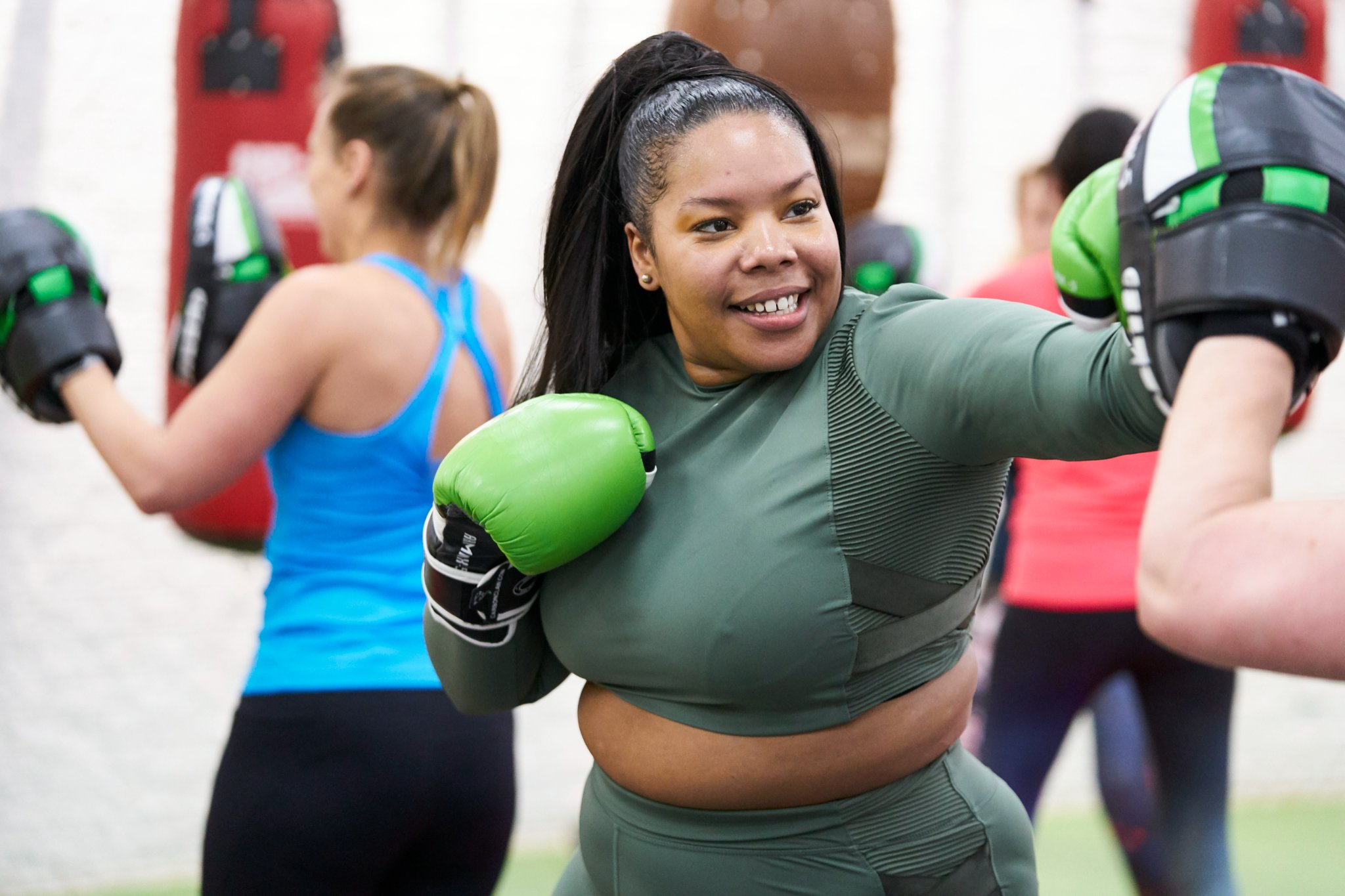
mind over matter
“A lot of boxing is about being mentally prepared. When you think about it, your natural reaction when someone’s throwing a punch at you is to flinch and move away. But what we do in boxing is teach you how to react to that punch, teach you how to read the other person’s body so that you can tell when the punch is coming and where it’s coming from. That’s why these professionals look so good. They’re reading the muscles in the opponent’s chest and can plan their reaction to what’s coming.
“As long as a club is affiliated with the same governing body as us we can compete against them. And it’s a case of finding the right opponent for your boxer. So, if I have a 15 year old who’s quite light weight, then I don’t want to put them up against someone who’s much heavier than them. It needs to be a fair fight. We do compete nationally, and internationally too, sometimes. We also share the travelling; if we know of a opponent in Edinburgh for example, then one time we’ll travel to them, and the next they’ll travel to us.”
lessons for life
“Competition is the goal, but it’s part of the journey too. You practice each week at the club and then it’s great to be able to compete. But also, it’s great to put all these things you’ve learned into practice. You learn how to calm your nerves, deal with an audience, perform to them too, and do your best in the ring. All of these things we’re teaching here can help in so many other areas of life. I can remember doing my driving test and getting nervous, but then used the skills I’d been taught here to calm myself and think ‘I can do this’…and so I got on with it and passed.”
ladies night
“We have quite a few female boxers who box for the club. And then on a Tuesday and Thursday night we run a fitness session based around boxing for women. It’s a really good way of keeping fit using these boxing drills, but it’s non-contact. It’s a lot of fun.
“We’re open Monday to Friday nights, and we run the junior club session from 6-7pm on a Monday, Wednesday and Friday. Then the seniors come in for 7-8pm. Our carded competitive boxers practice from 6-7pm on a Tuesday and Thursday and then it’s the Ladies boxing fitness sessions from 7-8pm. So if you box competitively you can practice 5 nights a week, or 3 or 2. It’s up to you.”
building physical strength
“There’s a lot of upper body conditioning in boxing, but legs are also really important. We’ve had people come along who are great at running but boxing really uses all of your body. It’s a different type of fitness. You need to be fit but also be able to concentrate on those punches coming back at you. It’s emotional and nerves get in there too. Quite often people will think ‘I’m getting really good at this’ and then you put them in a competition and they forget everything they’ve learned because they’re trying to process the experience. Plus, it is the most unnatural thing in the world when something’s coming at your face with their fist… It looks fast to begin with but we train you to train your brain to slow things down, so you see what’s coming and are able to react.”
boxing is for everyone
“It’s a bit of a myth that boxing is for those who like getting into fights at school, or ‘only bullies fight’. We’ve had so many different people through the door. There have been the really quite ones who would never be seen in any fight, and those with mental health issues, disabilities and people who are really non-violent. What I see, and I love this, is that I see each person grow in confidence. Every year they get more comfortable with who they are and before you know it they’ve grown up, got married, have a family, and are really settled. It’s great to have winners and do loads of competitions, but what’s even better is to see each individual grow in confidence and turn their lives into something positive.
“We’re a charity, and we work in the community and do just that. You might have heard of Josh Kennedy. I started working with him here when he was about 14 years old. He wasn’t in school and had nothing else to do. He worked really hard here and is probably the boxer that’s reached the highest level in our club. Things just clicked for him here and he put the effort in, and did really well. The most important thing he found was focus, and how to channel his energy into something. Now he goes back into schools and can talk to young people about his experiences and help others. If pen and paper isn’t your thing, it’s good to be able to find something that is. And this worked for Josh.”
For anyone interested in finding out more about the Folkestone Amateur Boxing Club follow their Facebook page and contact them via there.
